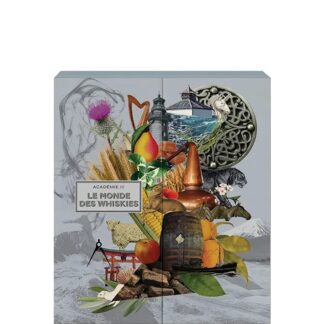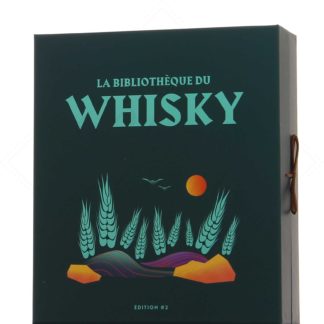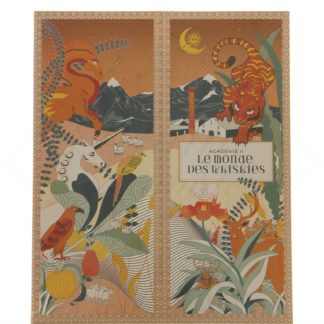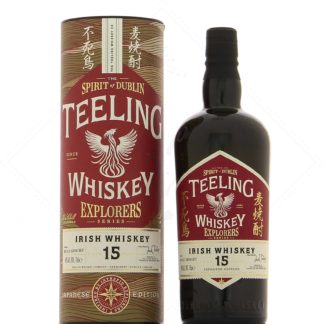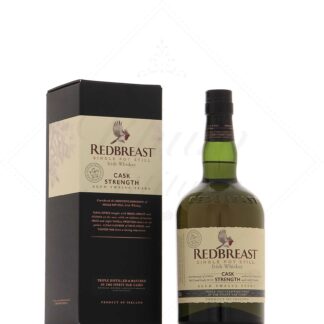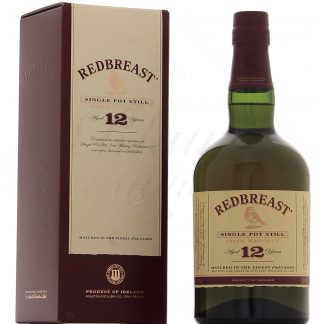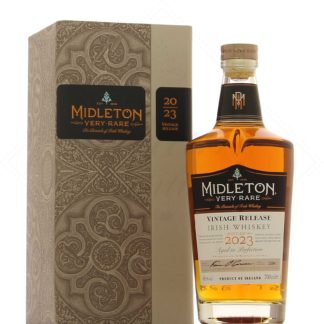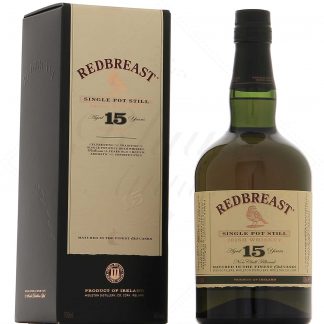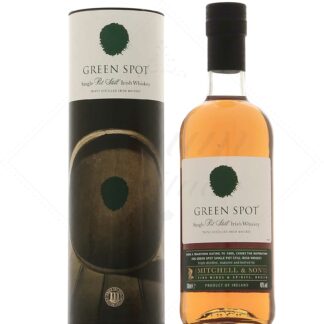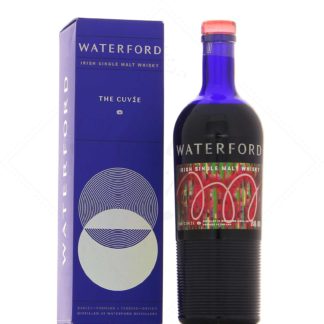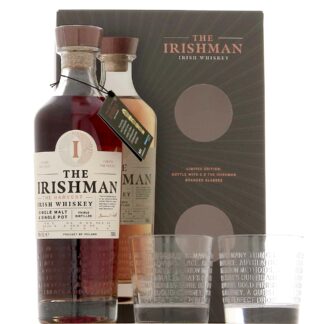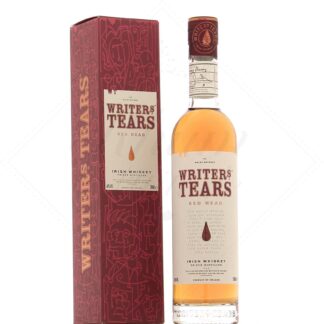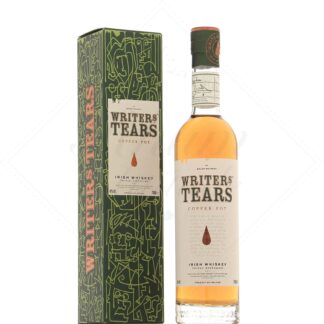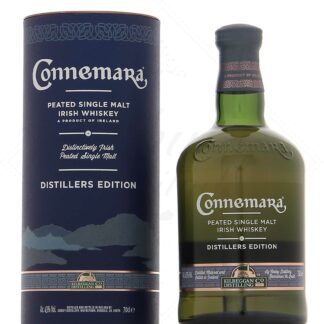Ireland
Often referred to as the pioneers of whisky, the Irish and their famous whiskeys are a must in the world of malt. Ireland has been producing whiskey for centuries, and in recent years has experienced a renaissance. A good reason to take a closer look.
Irish whiskey forever first?
Legend has it that Ireland welcomedUisce Beatha (brandy) as early as the 5th century (432), when St. Patrick evangelized the country. However, it seems more appropriate to refer to 1170, when the English king Henry II, in the midst of an invasion, discovered Irish whiskey. Its consumption during battles seems to have been proven, and it became a national emblem, accompanying the lives of Irish citizens.
Irish whiskey, like its neighbor Scotch, was experiencing difficult tax collection at the time, and illicit distilling was flourishing. A large number of small stills were used to make Poteen, an alcohol distilled from potatoes or grain. Initially intended for private consumption, it was banned from 1661 to 1997.
Legal distillation exists(in Kilbeggan, for example), but has yet to become fully established.
As in all historic whisky nations, Ireland in the early 19th century, having just joined the United Kingdom, saw the emergence of major empires(Power, Jameson).
The development of the industry was accompanied by technical progress, notably with the invention of a column still, the Coffey Still. Aneas Coffey, a former Irish customs inspector, filed a patent in 1830.
A difficult 20th century
The entry of the 20th century marked the end of Ireland's stranglehold on the whisky world. Previously a vigorous exporter on the international scene, it was relegated to second place behind Scotland, while the number of distilleries was drastically reduced.
This was mainly due to the War of Independence in 1919 and, above all, to American Prohibition, during which counterfeits shattered the image of Irish whiskey in the key US market.
After the Second World War, the awakening was complicated, and it wasn't until 1966 that three of the four active Irish distilleries joined forces to form UDI(United Distillers of Ireland), soon joined by Bushmills in the 1970s. It was during this decade, in 1975, that the Midelton complex (bringing together Jameson and Power) came into being.
There was a gradual return to Irish whiskey, with Bushmills and Midelton alone until the arrival of Cooley in 1987.
Between tradition and modernity
Today, Irish whiskey takes on a variety of faces, reflecting both its roots and its desire for change.
Triple distillation, found almost exclusively in Ireland, is represented by two mainstays: Bushmills and Midleton. It is this emblematic style, light and fruity, that still permeates the collective imagination of whisky lovers.
However, the third "historic" distillery, Cooley, goes against the grain with double distillation and even peaty versions (Connemara).
Another example: Pure Pot Still, the traditional Irish whiskey, was originally made from a variety of cereals, thus avoiding the need for the producer to pay high malt taxes. Today, however, only Midleton has preserved this method, using malted and unmalted barley, covered by a new denomination dating from 2011, " Single Pot Still ".
It should also be pointed out that, like American whiskeys, Irish whiskey has many brands which do not correspond to distillery names, or which are blends of whiskeys from several distilleries. These include Connemara, Redbreast, Jameson, Tulamore Dew...
Finally, it's worth noting that the Irish whiskey industry is booming, with new distilleries springing up all over the country: Dingle, Kilbeggan, West Cork, Blackwater, Connacht, Echlinville, Glendalough, Great Northern, Rademon Estate, Waterford, Teeling, Tullamore, Walsh Whiskey Distillery... There are now some thirty distilleries in all. Read less
